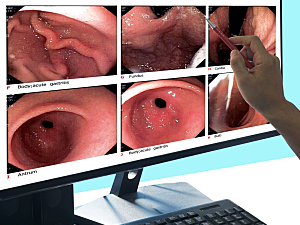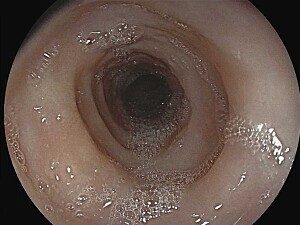Endoscopic Gastric Plication Reduces Fibrosis in Patients With Obesity and NAFLD

Researchers at Brigham and Women’s Hospital have linked endoscopic gastric plication (also called distal primary obesity surgery endoluminal, or POSE) to significant improvement in liver-related outcomes in patients with obesity, nonalcoholic fatty liver disease, and clinically significant hepatic fibrosis.
Read More...







